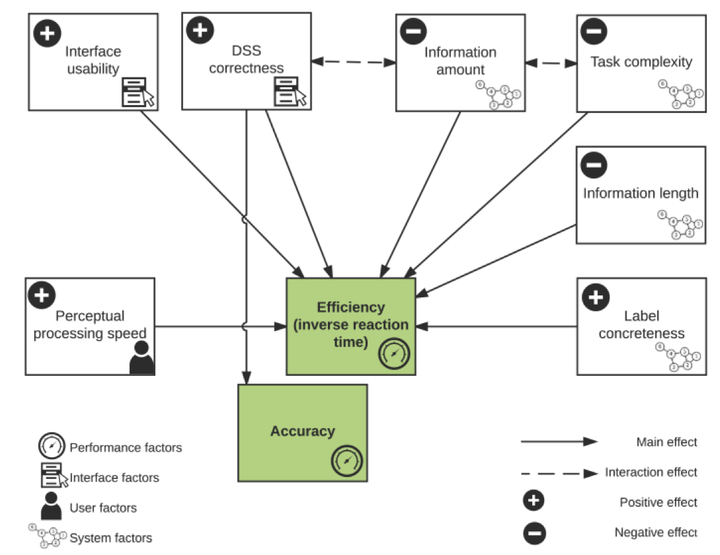
Abstract
Deep penetration of modern information and communication technology in manufacturing companies (vertical integration) and across supply chains (horizontal integration) leads to an increasing amount and complexity of information that needs to be perceived, filtered, processed, and reacted to. Yet, the human factors that influence performance are insufficiently understood. This article outlines that individual factors, interface factors, and system factors affect overall performance and it presents two complementary research methodologies for identifying and quantifying these factors. On one side, we show that controlled laboratory experiments with singular decision tasks can precisely identify and quantify factors contributing to performance. On the other side, we use business simulation games with realistic decision tasks that can quantify the complexity of the underlying system. Our studies show that information amount, complexity, and presentation affect performance and that Decision Support Systems can increase performance and decrease error rates if and only if they are designed correctly. The article concludes with a research agenda to specifically understand which factors influence performance and how humans in the loop can be supported.